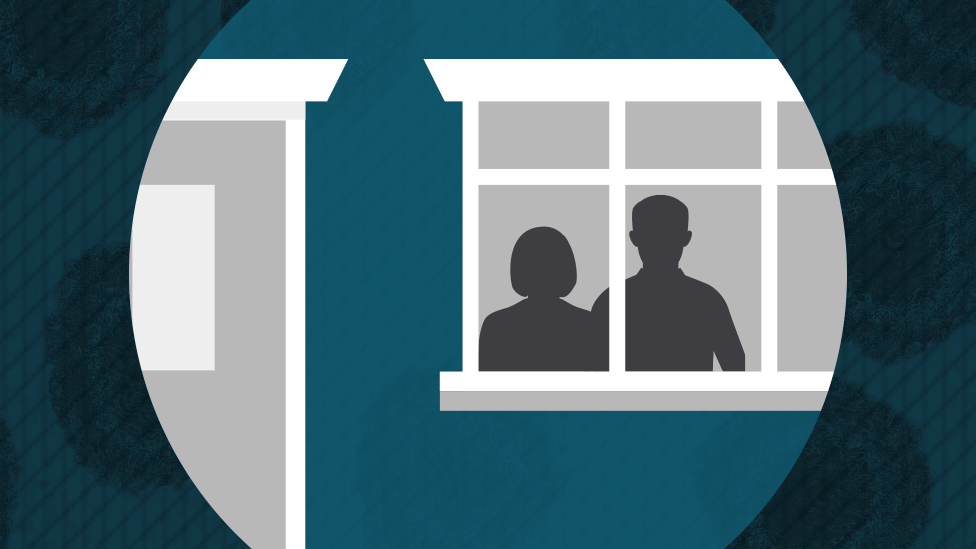Coronavirus: 'Will we have to stay in isolation for a year?'
- Published
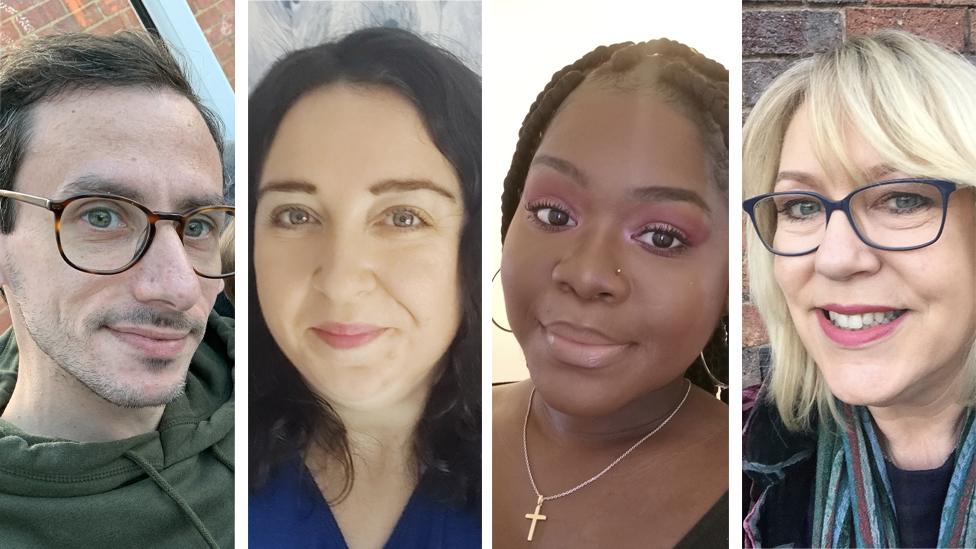
It's been six weeks at home with no social contact at all for the"shielding" group
People with some serious medical conditions have been told to stay indoors for at least 12 weeks, without leaving home for food or exercise and avoiding any close contact - even with loved ones. The BBC has been following some of their stories.
While the rest of the UK looks to ease the lockdown, for nearly two million "extremely vulnerable people" - who might have severe respiratory illnesses, some cancers or conditions treated with drugs that suppress the immune system - the situation is less certain for as long as the virus circulates.
England's Deputy Chief Medical Officer Jenny Harries said on Saturday that some of their conditions might be reviewed as lower risk, but other people might face "a very long period of time" in isolation.
So how have this "shielding" group coped over six weeks and what does the future hold for them?
'This has to be my life now'
For Angela Steatham, adjusting to life in isolation has been "like a bereavement process".
She's been through a bit of anger and frustration ("I wanted to scream at everybody and say, stop moaning!"). She's looked for someone to blame ("It's the government's fault"). But now she has come to accept that her chronic lymphocytic leukaemia - a blood cancer which can severely damage the immune system - means that she is unlikely to be able to leave her cottage in north Wales for a long time.
"I think I've mentally prepared myself now, this has to be my way of life now for a year or more," she says.
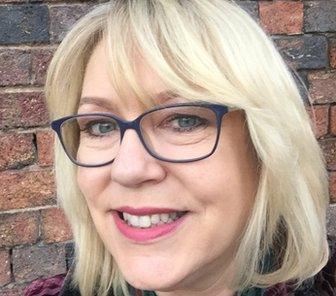
"It would only take one slip," says Angela Steatham, who is prepared for a year or more of shielding
The 56-year-old has begun to focus on how she wants her life to be in this enforced semi-retirement, taking up art again and planting a herb garden. In her previous life, travelling internationally as a psychologist and leadership coach, the plants would never have survived, she says.
She and her partner Simon are still unable to spend time in the same room together, in case he is exposed to the virus while running errands for his 90-year-old mother. Even the shopping gets disinfected when it comes into her quarantine zone
"It would only take one slip for me to get it, then all of this would be for nothing," she says.
'The world starts to go on and you can't'
Before coronavirus, Rachael Paget would usually expect to see more than a hundred people a day: classes of lively kids that she teaches, the other school staff, a quick family visit on the way home. In those days, it was almost a relief to return to her home in Warrington, where she lives alone. But in the past six weeks her closest human contact has been her dad, dropping off some shopping from the supermarket.
"He'll knock and go to the end of the drive and I can see him - but that's pretty much it. I've not really seen anybody. I miss it a lot," she says.
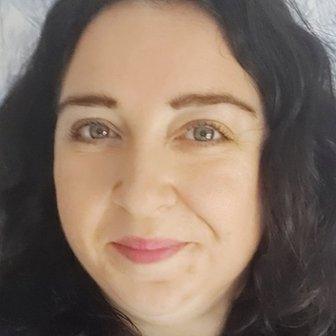
Teacher Rachael Paget says she will miss celebrating her students' achievements
"It's frustrating. I've never really considered myself vulnerable," she says. She was born with a congenital heart defect and three years ago the sudden onset of severe asthma left her on a ventilator, but she says she's always been encouraged to "just get on with it".
The 35-year-old continues to teach online, but expects she won't be there when schools go back. The year 11 prom has been rescheduled for October, and she doubts she will be there to celebrate the achievements of a group she has watched with pride as they have grown up.
"It will be much harder once the world starts to go on and you can't," she says.
'Do we just wait for a vaccine?'
"Until we get a vaccine I can't really see the vulnerable group being back into mainstream," says Michael Winehouse, a charity fundraiser who has cystic fibrosis, a genetic condition which clogs the lungs and puts him at risk of infections. He's been adjusting to the reality of what that means, missing the freedom to go swimming, shop at Tesco, or stroll to the end of the drive even, while others post pictures on social media of their daily exercise.
"There is that little bit of me that thinks, I'd really love that now, it's been ages. And it doesn't look like that is going to change for a very, very long time," he says.
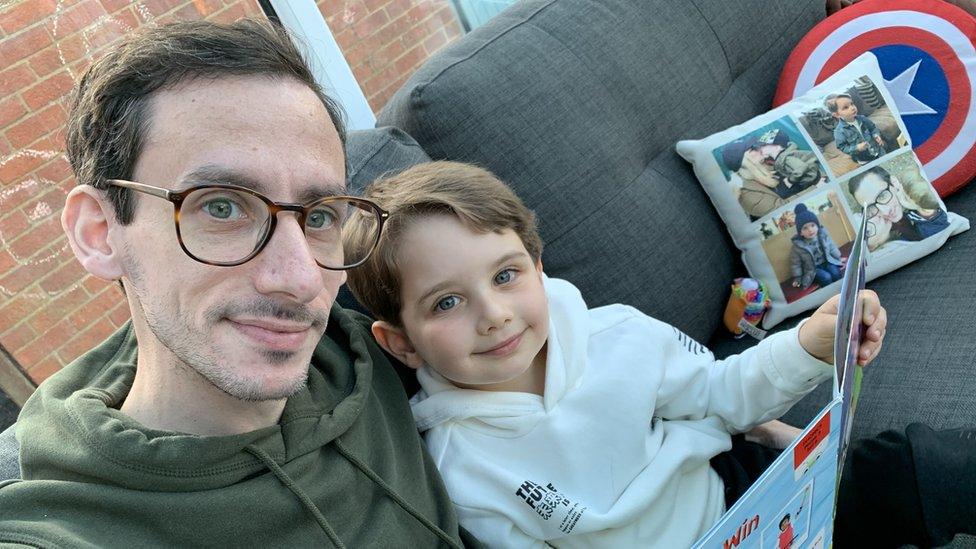
Michael Winehouse wonders what will happen when it's time for Oscar, four, to go to school
It could mean missing out on a lot. He's due to be best man at a wedding in October and has organised the stag do. Friends on WhatsApp are chatting about a post-lockdown party in July. But it's doubtful he will be able to attend. At the moment, his wife Amy and four-year-old son Oscar are shielding with him, with none of the family leaving the house. But they face a major dilemma when his wife's furlough ends or his son begins Year 1 in September.
If Amy and Oscar leave Michael in isolation they could face having to change their clothes and disinfect themselves at the door, hoping they don't accidentally bring the virus home, he says.
"Are we going to be continually watching and waiting to see if someone has caught the symptoms? Or do we stay away from school and work until a vaccine comes and we can all get it? I just don't know."
'This was the right thing to do'
If you'd asked Rachel Hall a week or two ago, she would have said shielding isn't that bad. The 31-year-old - who is on immunosuppressant medication to treat lupus, a condition where an overactive immune system attacks healthy cells in the body - says that you adapt, get into your own routine, spend time planning meals and what TV shows you want to watch.
It helps that she's at home in Kent with her husband: both of them furloughed from their jobs in the construction industry and shielding together.
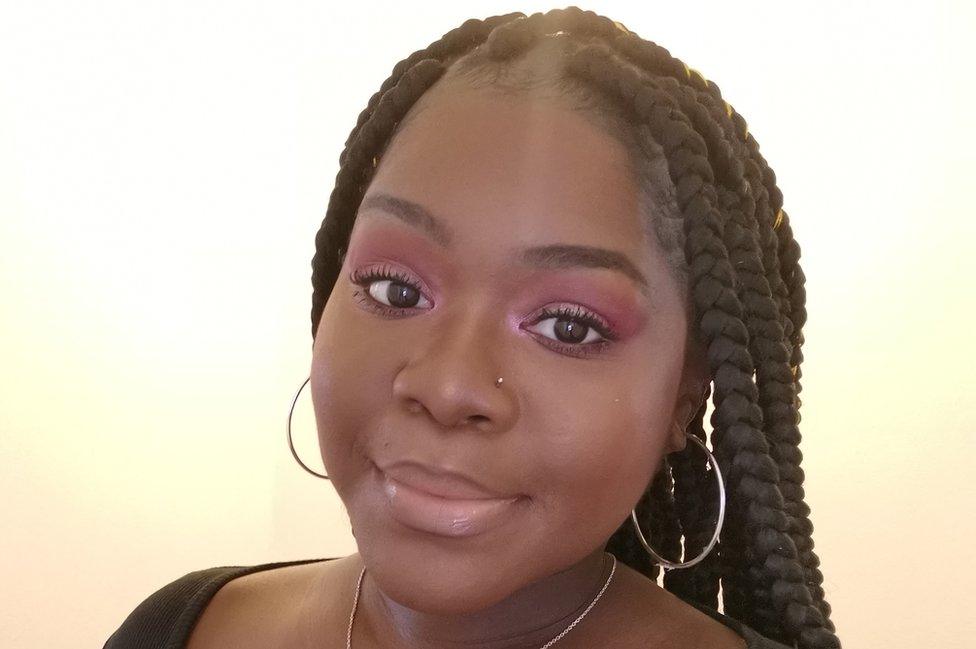
Missing family milestones has been hard - but necessary - for Rachel Hall
"I'm always surprised that me and my husband haven't argued," she says. "Because I keep hearing all these stories about couples breaking up and we've been having a nice time actually, finally getting to spend some time together!"
But last week was different, as important family milestones - her father's birthday, her sister's engagement - passed her by while she was isolated. Her sister and brother still live with their parents so the whole family was celebrating. "I was just on my phone watching it. It was a bit upsetting, to be honest," she says.
Her grandmother also recently left hospital after being treated for Covid-19. "I can't go and see her and say, I'm here for you, I'm happy that you got better," says Rachel.
But her grandmother's experience has also underlined why it has been necessary for Rachel to isolate herself. "Just to see what it's done to her body and knowing how weak my immune system is at the moment, I know it's been necessary to stay at home. This has been the right thing to do."
- Published29 March 2020
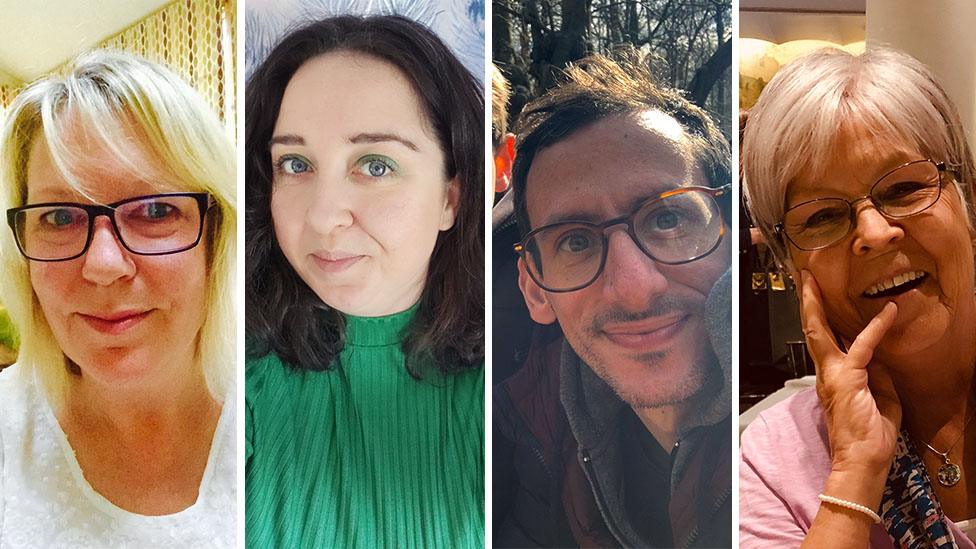
- Published1 May 2020
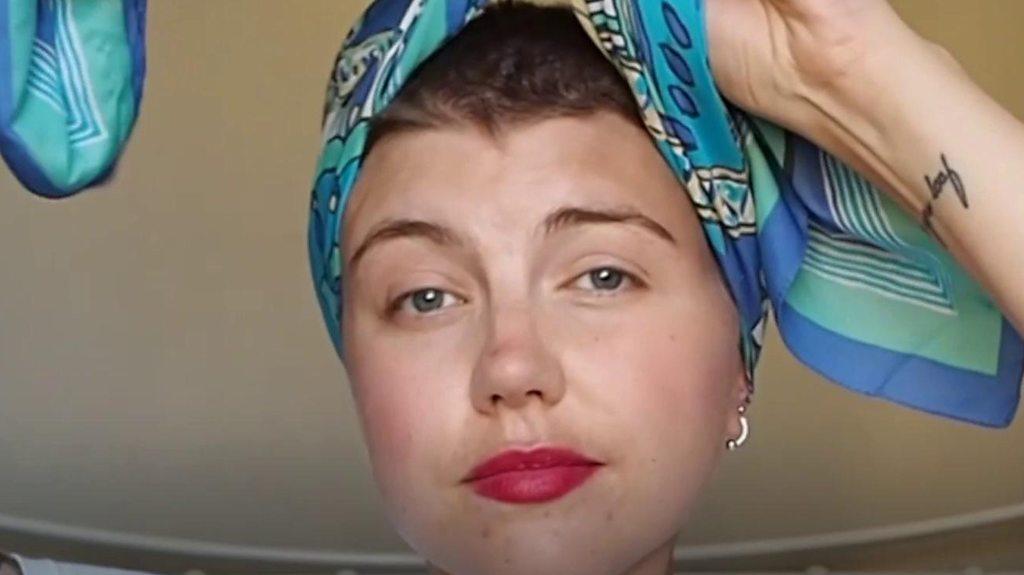
- Published27 April 2020
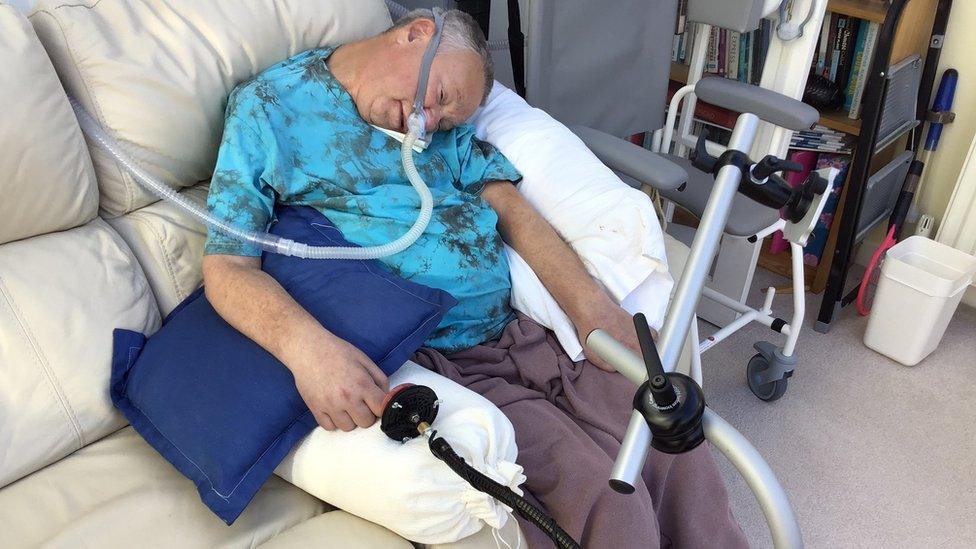
- Published13 July 2021
